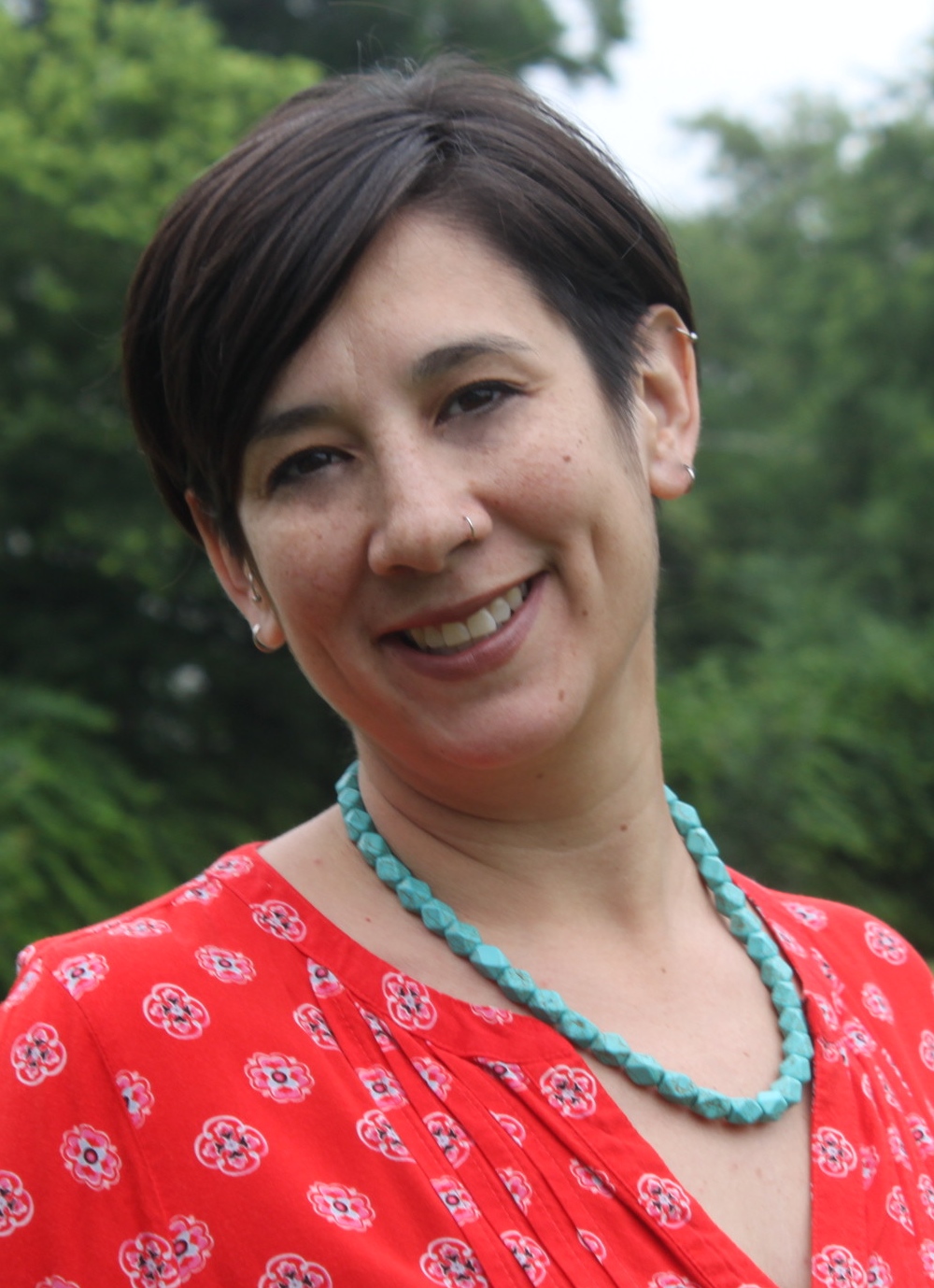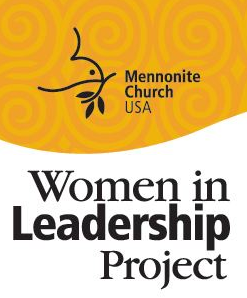 Jenny Castro is a communications associate and the coordinator of the Women in Leadership Project for Mennonite Church USA. This article first appeared in Timbrel magazine, a publication of Mennonite Women USA.
Jenny Castro is a communications associate and the coordinator of the Women in Leadership Project for Mennonite Church USA. This article first appeared in Timbrel magazine, a publication of Mennonite Women USA.
A few weeks ago my son came up to me while I was cooking, raised his arm in the air and lifted his shirt exposing his stinky 10-year-old armpit and said,
“Look mom, do you see that? Hair is starting to grow under my arms.” He lowered his arm and looked up to me with his sweet smile and with so much pride.
“I saw it,” I said, “You’re growing up. Your body is changing.” And I hugged him close, savoring that moment where my boy-becoming-man would still allow me to hold him as long as I want.
I felt so thankful that my son shared this with me, and felt safe enough to let me in to the experience of his changing body.
And I’m also grateful that I was able to be present, to listen and to respond with what he needed, to celebrate his body along with him – to appreciate what was happening.
I have done this intentionally – perhaps even counter-culturally – as I’ve raised my kids. As a Christian who’s grown up in the church, I’ve pretty consistently encountered messages that caused real tension within me – messages about the human spirit, mind and body that deny the goodness and wholeness of who we are in the entirety of how God created us.
We have created a hierarchy of the self, dividing our very beings up into pieces, valuing some pieces above others in an effort to become who we believe God wants us to be.
Here’s what I’ve observed: We believe that the best part of ourselves is the soul, and we believe that’s the part that God cares about the most. Then maybe our mind comes in a close second – our thoughts and reason. Last comes the body – the flesh, our carnal selves. We don’t really know what to do with the body. In fact, I’ve experienced downright shame in Christian communities around simply talking about physical bodies. With a perspective like this we have missed out on the joy of experiencing our physical selves as also being created in the image of God, our bodies temples of the Spirit, to the detriment of our children. How has this happened?
I’m sure there are theologians and scholars who can explain this a lot better than I can, but over the centuries and through patriarchy we’ve been socialized to believe our minds and souls can better reflect God’s image and God’s heart. We have been given the message that our bodies, and the urges that come along with them, are shameful. And so, in order to resist the shame caused by our physical selves, we’ve developed a faith system and Christian teaching where our bodies are obstacles we must transcend, especially regarding sexuality.
In Christian circles it is rare that I’ve seen healthy sexuality discussed and handled well. The focus of sexuality discussions is often sexual sin – what not to do.
“Resist your body’s urges.”
“Don’t trust yourself.”
“The sensations of your body will betray you.”
“Your feelings are a poor guide.”
In our efforts to keep ourselves from sexual sin, we’ve created generations of Christians who are unable to speak about healthy sexuality or recognize God’s creative expression in their physical body.
We’ve created such a stigma and built up so much shame around sexuality that we have forgotten that God created us as sexual beings and that healthy sexual expression is a gift from God. Instead, we have silenced talk about healthy sexuality, preferring to avoid the uncomfortable confrontation of our own insecurities and vulnerability, perhaps even fearing our own depravity. And we are left in the gaping silence.
This is a dangerous place to be when sexual abuse and violence take place in our communities. If we can’t or don’t talk about our bodies in the context of healthy sexuality, how much harder is it to name sexual sin and dysfunction? Or for a victim to call out sexual abuse? In our silence we perpetuate systems of shame, and become complicit in cycles of sexualized violence. Our silence empowers perpetrators of abuse to continue to abuse – they continue in confidence because they believe that their victims will say nothing, and that their communities will do nothing.
We must begin to talk about healthy sexuality and about our bodies.
Our physical bodies can no longer be last place in a hierarchy of the self.
Let’s remember how God chose to become flesh and dwell among us in a human body – to experience pain and love, suffering and joy. Our physical bodies are sacred expressions of a creative God who deeply values them as an integral part of each of us.
Our bodies reflect God’s beauty, power, mystery, creativity, passion and so much more.
My prayer is that we can recognize, appreciate and celebrate our bodies in this way; that we can truly live in our own skin without shame; that we can be present with our physical senses, watching the ways our bodies change and through those experiences, that we can recognize the holy; that we can teach our kids to live their faith in and through their bodies and raise a new generation of Christians who celebrate their experiences with God through their flesh as well as intellectually and spiritually.
And so I’ll continue to talk about it – with my kids, in my family, with my community and wherever else they’ll have  me. It is a priority of the Women in Leadership Project to open up spaces for women from across the church to name their experiences and to speak truth into the silence that has existed for far too long.
me. It is a priority of the Women in Leadership Project to open up spaces for women from across the church to name their experiences and to speak truth into the silence that has existed for far too long.
I’ll speak into the silence, I’ll shout with confidence:
Your body is a miracle! It is a beautiful reflection of God’s creativity! You are fearfully and wonderfully made!
Yes – even when I’m looking in a stinky, 10-year-old armpit for hair that wasn’t there before, I’ll choose to look for God.
And I’ll celebrate it!

